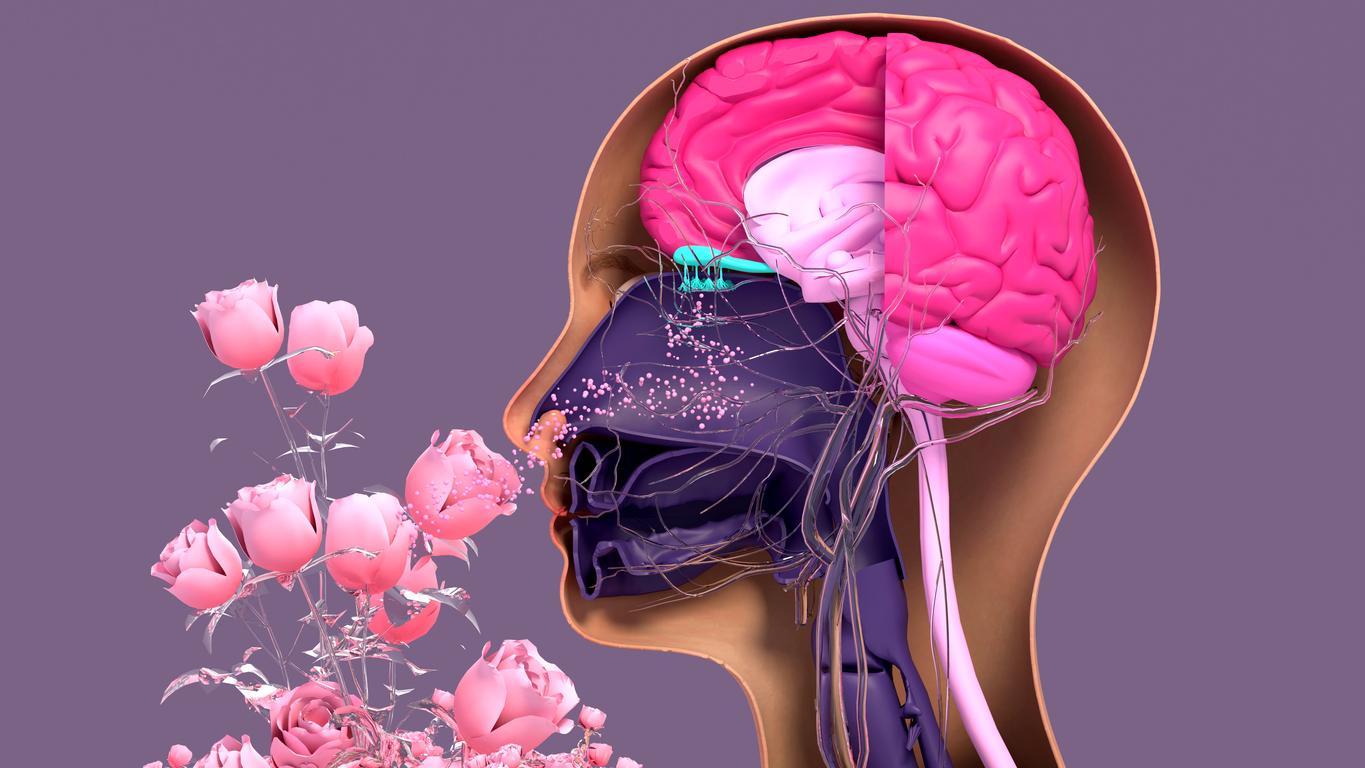According to a new study, the smell of lemon makes us feel thin and light, while that of vanilla makes us feel heavy and thick. Ultimately, this research could help develop new treatments for people with dysmorphia.

The smell of lemon makes us beautiful, that of vanilla a little less. According to a new study presented this Thursday, September 5 at the 17th International Conference on Human-Computer Interaction (INTERACT 2019) which is currently being held in Cyprus, the different smells we smell would have an impact on the way we perceive ourselves. Ultimately, these results could help to set up new therapeutic approaches to treat those who suffer from body perception disorders or to manufacture technological tools to improve self-esteem.
For their study, researchers from the University of Sussex, College of London and Carlos III of Madrid (UC3M) placed participants in front of a computer screen while administering olfactory stimulants. They then asked them to rate the perceived smell using a visual analog scale, comparing it to sharp or rounded shapes, warm or cold, high or low tone, and thin or thick body silhouettes. .
Then they had them stand on a wooden board with earphones and a pair of motion sensors. They asked them to walk in place as olfactory stimuli were released. The volunteers then had to adjust the size of a three-dimensional avatar with a body visualization tool according to their perception of themselves. They also answered a questionnaire on speed, body feelings and emotions experienced.
Result of the races: people feel thinner and lighter when they smell the smell of a lemon! Vanilla on the other hand makes them feel thicker and heavier…
Body perceptions are “continuously updated”
“Our brain has several mental models of how our own bodies look that are necessary for successful interactions with the environment,” says Giada Brianza, a student at the Sussex Computer-Human Interaction (SCHI) lab who conducted the study. . “These perceptions of the body are continually updated in response to sensory input received from outside and inside the body. Our study shows how the sense of smell can influence the image we have of our body in our minds and the feelings and emotions we have towards him,” she continues.
“Our previous research has shown how sound can be used to alter body perception. For example, in a series of studies, we have shown how changing the pitch of the footsteps people make when walking can make them lighter and happier and also change the way they walk. However, no one has yet examined whether smells could have a similar effect on body perception,” says Ana Tajadura-Jiménez from UC3M.
“Previous research has shown that lemon is associated with thin figures, pointed shapes and high-pitched sounds while vanilla is associated with thick figures, rounded shapes and low-pitched sounds. This could help explain the different perceptions body image when exposed to a range of nasal stimuli,” said Marianna Obrist, professor of multisensory experiences and director of the SCHI lab at the University of Sussex.
Dysmorphia, evil in full speed since the emergence of social networks
Ultimately, being able to “positively influence this perception (…) could lead to new and more effective therapies to treat people with body perception disorders”, or dysmorphia, the researchers hope. It would also allow the development of interactive clothing or technologies capable of improving the self-confidence of those who wear them.
Body dysmorphia or dysmorphophobia is characterized by an excessive preoccupation with a defect in physical appearance, real or imagined. People who suffer from it are completely obsessed with this “defect”, so much so that it can handicap their social or professional life. Indeed, they tend to spend hours examining themselves in front of the mirror, isolating themselves more and more. Some frequently ask their loved ones to reassure them about their appearance, but their relief is temporary.
If we hear more and more about this phenomenon, it is becauseit would have grown in size in recent years due to the increase in selfies, social media, and retouched images with Snapchat and Photoshop filters. Many celebrities, ranging from Kim Kardashian to the singer Coeur de Pirate passing by Lili Reinhart, the star of the series for teenagers riverdale, have recently announced that they suffer from this disease in the media.
See below a video presenting the study in English:
.















